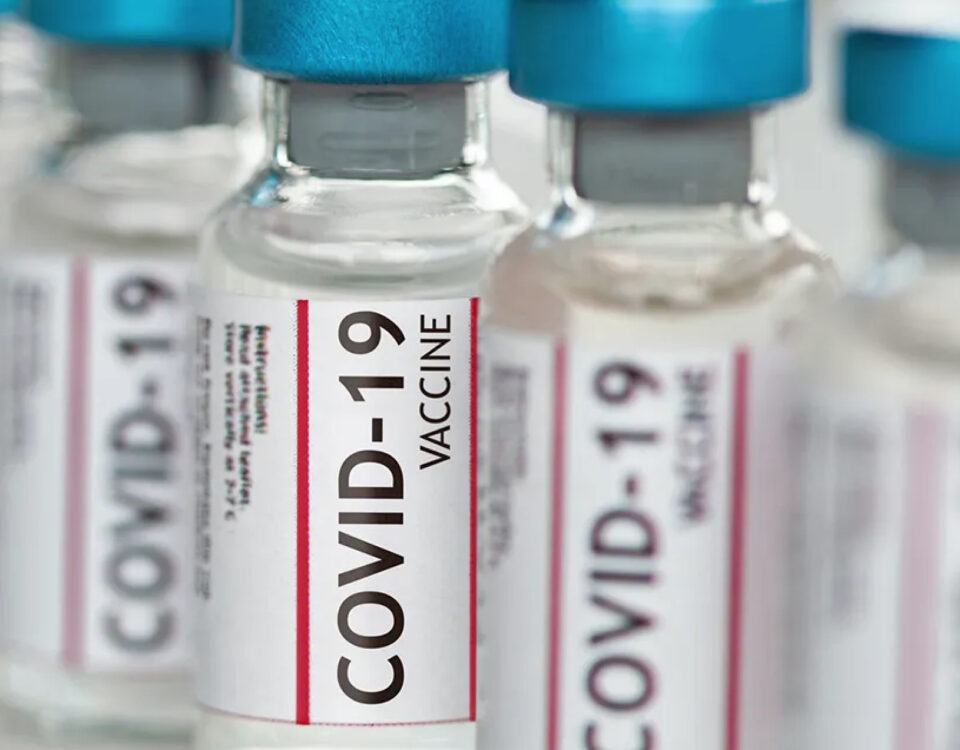Spare the Rod? Is Spanking a Child Harmful or Helpful? – Part 3 – Does physical punishment establish the moral righteousness of hitting other persons?
After a tragic loss, family steps up in swine flu vaccine trials
September 30, 2009The Grass Is Not Always Greener: A Look at National Health Care Systems Around the World – Part 3 – Great Britain
October 2, 2009Spare the Rod? Is Spanking a Child Harmful or Helpful? – Part 3 – Does physical punishment establish the moral righteousness of hitting other persons?
Opposition to parents spanking their children has been growing significantly in elite circles over the past few years. And, my blogs on spanking are among the most read of those I publish. Therefore, I’ve decided to, with the help of the research of my friends Den Trumbull, MD, S. DuBose Ravenel, MD, to look a the arguments used against spanking, to see if they hold any water. This is the third of a 12 part series.
Argument #2: Physical punishment establishes the moral righteousness of hitting other persons who do something which is regarded as wrong.
Counterpoint:
According to an investigation by Drs. Trumbull and Ravenel, performed for the Family Research Council, the “spanking teaches hitting” belief has gained in popularity over the past decade, but is not supported by objective evidence.
A distinction must be made between abusive hitting and nonabusive spanking.
A child’s ability to discriminate hitting from disciplinary spanking depends largely upon the parents’ attitude with spanking and the parents’ procedure for spanking.
There is no evidence in the medical literature that a mild spank to the buttocks of a disobedient child by a loving parent teaches the child aggressive behavior.
The critical issue is how spanking (or, in fact, any punishment) is used more so than whether it is used.
Physical abuse by an angry, uncontrolled parent will leave lasting emotional wounds, and will cultivate bitterness and resentment within a child.
The balanced, prudent use of disciplinary spanking, however, is an effective deterrent to aggressive behavior with some children.
A six year longitudinal study of a racially mixed population of 1112 children ages 4 to 11 years in Archives of Pediatric and Adolescent Medicine concluded:
“Regression analysis within subgroups yielded no evidence that spanking fostered aggression in children younger than 6 years and supported claims of increased aggression for only 1 subgroup: 8-11-year-old white boys in single-mother families.”
For the higher risk subgroup, it was speculated that spanking may serve as “a proxy for other family problems such as lost parental authority, poor management practices, stress, or lack of support.”
In these cases, the study authors suggest “for families experiencing severe family management problems, spanking is not a viable solution to these problems and may exacerbate them.”
One review concludes that the familial setting has a profound effect upon the outcome of the disciplinary measure.[2]
Remarkably, studies have concluded that childhood aggressiveness has been more closely linked to maternal permissiveness and negative criticism than to even abusive physical discipline.[3]
It is unrealistic to expect that children would never hit others if their parents would only exclude spanking from their discipline options.
Most children in their toddler years (long before they are ever spanked) naturally attempt to hit others when conflict or frustration arises. The continuation of this behavior is largely determined by how the parent or caregiver responds.
If correctly disciplined, the hitting will become less frequent. If ignored or ineffectively disciplined, the hitting will likely persist and even escalate.
Thus, instead of contributing to greater violence, spanking can be a useful component in an overall plan to effectively teach a child to stop aggressive hitting.
Citations:
[2] Gunnoe, M. L. and Mariner C. L., “Toward a developmental-contextual model of the effects of parental spanking on children’s aggression,” Archives of Pediatric & Adolescent Medicine 151 (1997): 768-775.
[3] Olweus, Dan, “Familial and Tempermental Determinants of Aggressive Behavior in Adolescent Boys: A Causal Analysis,” Developmental Psychology 16 (1980): 644-660.
Here’s the entire series:
- Introduction
- Argument #1: Many psychological studies show that spanking is an improper form of discipline.
- Argument #2: Physical punishment establishes the moral righteousness of hitting other persons who do something which is regarded as wrong.
- Argument #3: Since parents often refrain from hitting until the anger or frustration reaches a certain point, the child learns that anger and frustration justify the use of physical force.
- Argument #4: Physical punishment is harmful to a child.
- Argument #5: Physical punishment makes the child angry at the parent.
- Argument #6: Spanking teaches a child that “might makes right,” that power and strength are most important and that the biggest can force their will upon the smallest.
- Argument #7: Spanking is violence.
- Argument #8: Spanking is an ineffective solution to misbehavior.
- Argument #9: Adults who were spanked as children are at risk for using violence as a means of resolving conflicts as adults.
- Argument #10: Spanking leads a parent to use harmful forms of corporal punishment which lead to physical child abuse.
- Argument #11: Spanking is never necessary.
You can read more of my blogs on spanking here:
- Is Spanking Associated with Child Abuse?
- The ABCD’s of Parenting – Part 7 – Discipline
- Spanking a Child – Is it Good or Bad?
By the way, an introduction is in order. Den A. Trumbull, MD is a board-certified pediatrician in private practice in Montgomery, Alabama. He is Vice President of the American College of Pediatricians. S. DuBose Ravenel, MD is a board-certified pediatrician in private practice in High Point, North Carolina. He served for 11 years on the pediatric faculty of the University of North Carolina School of Medicine prior to entering private practice.






